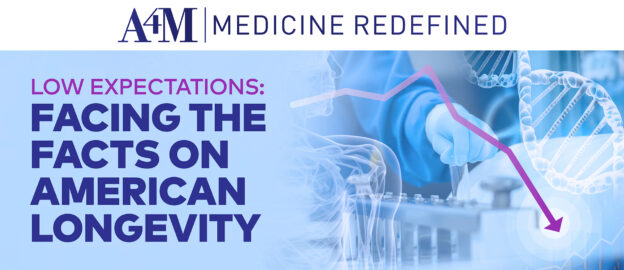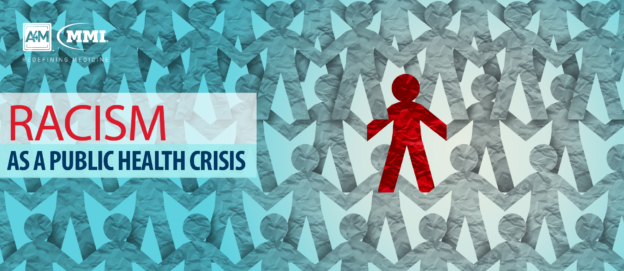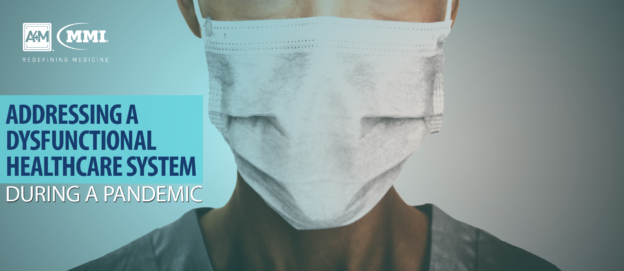In the battle against the novel coronavirus (COVID-19) outbreak sweeping across the globe, healthcare workers are the frontline fighters saving countless lives with their tireless efforts. Grueling hours, equipment shortages, increasing patient needs, and dangerous working conditions on top of already demanding job requirements are contributing to unprecedented levels of physician burnout at this time.
Not only are healthcare workers facing the global pandemic head on, they are doing so without the necessary safety precautions, as part of a healthcare system that is proving more dysfunctional and ill-equipped to handle a public health emergency than would have been assumed. The precarious situation is made worse by mounting evidence of the censorship and exploitation of medical professionals, who are in some circumstances being forced to choose between their jobs and sharing accounts of what the battle within hospitals really looks like. The issues coming up as a result of the pandemic devastating healthcare systems across the globe is an extension of a greater, long-term problem within the healthcare system that must be addressed.
Growing Censorship
It has become commonplace for hospital and healthcare organization leadership to take on press and media responsibilities, while the voices of physicians tend to be largely omitted in the news landscape.
Now due to the COVID-19 pandemic, news channels and other media are actively seeking input from physicians fighting the global health crisis, giving them an unprecedented opportunity to air their concerns about the state of the healthcare system on a public platform. Unfortunately, their employers and hospital leadership are actively working to suppress their ability to speak out and provide honest depictions of working conditions.
More frequently, stories are emerging of physicians who have lost their jobs for speaking out against hospital protocols, posting their stories on social media, or releasing information to the media. Dr. Esther Choo, emergency physician at Oregon Health & Science University, revealed she has been told by many fellow healthcare providers about their fears of speaking up about the challenges they are facing due to the risks involved.
Some physicians have been taking their concerns to social media, posting about dangerous shortages of personal protective equipment, unsafe hospital protocols, a lack of communication from leadership, as well as growing censorship and restrictions on their freedoms. According to reports, hospitals across the nation have been warning, disciplining, and even terminating employees who publicize their workplace concerns about coronavirus-related challenges.
Accounts reported in The Washington Post and The New York Times, describe several instances of physicians being threatened with disciplinary action, restricted from appearing on television, reprimanded for their behaviors, and even terminated for sharing glimpses into their hospital’s conditions. While other institutions such as NYU Langone Medical Center in New York have gone so far as to forbid staff members from “contacting the media without permission under threat of termination” according to an article published in The Washington Post.
During a worldwide pandemic, the worst thing that can be done is to render clinicians inconsequential and sequester them from the rest of the world when knowledge of the realities is critical to improving population health outcomes worldwide. Their first-hand perspective from the frontline is necessary both in terms of guaranteeing freedom of speech as well as providing an accurate depiction of the handling of COVID-19 within the healthcare system.
Increased Press Access
Hospitals, while not in the business of sharing information about their patients, currently face growing pressure to provide insight into the situation at hand. Protecting the privacy and dignity of patients is paramount, however, Dr. Esther Choo told CNN she believes this unprecedented situation warrants an alternative approach to sharing healthcare information.
“In this crisis, I think it creates a barrier between what is happening inside, what our healthcare workers are seeing, and what the public needs to know in terms of how bad this disease is,” Dr. Choo commented on the lack of insight provided from within the healthcare system, “I think without seeing it, it’s hard for people to understand what we’re trying to avoid with measures like stay-at-home.”
While for both safety and privacy reasons journalists are unable to report from emergency departments or within hospitals, media professionals are calling for more access and exposure to vital information. This makes the first-hand, honest reports from physicians and nurses essential at this time – they have the power to inspire widespread reform, motivate support and donations, and underscore the importance of staying home.
Relaxing HIPAA regulations and revisiting press restrictions at hospitals may be necessary at this time to provide the public with an honest view inside emergency rooms. “I think we need to make a decision as hospitals, as healthcare systems, we are going to be a little bit more open about the challenges we’re facing,” Dr. Esther Choo told CNN, highlighting the systemic effort needed to change the status quo.
Access to information is not only vital for preserving democracy within the nation, but it is critical for public health, keeping the population informed and aware of the devastating failures of hospital protocols as evidenced by the COVID-19 response. This can be achieved while still protecting patient privacy and anonymity, if healthcare professionals are allowed to speak out. As reporter Chandra Bozelko argues in a recent Washington Post article, “Patient care includes public advocacy, minus the personal details.”
Emotional Exploitation
Alongside the censorship of medical professionals, the exploitation of physicians is another problem emerging as a result of the dysfunctional system. Viewed as a perpetual resource, healthcare staff members, their innate professionalism, and their work ethic are what keeps the healthcare industry in operation. The system itself runs on the altruism of its practitioners; if medical professionals worked their number of allotted hours and went home at the end of their shift – instead of working endless hours overtime to preserve patient health – the healthcare system and its patients would suffer greatly.
The COVID-19 pandemic has revealed how medical staff members are treated as an endless resource, used to maximize efficiency of the system, constantly being faced with added responsibilities and a growing workload – additional patients, paperwork, and procedures. For the majority of healthcare workers, walking away without completing their job and thus, endangering patients is unthinkable. Meanwhile leadership continuously exploits this ethic.
Over the past few years, demands have escalated without an equivalent rise in time or resources. At the same time, the medical complexity of patients has increased with the number and severity of chronic conditions steadily rising in prevalence. Medical encounters are more involved than ever before with more illnesses, medications, and complications, while the duration of office or hospital visits remains the same.
In times of the COVID-19 pandemic, the demands on healthcare workers have only increased, while resources continue to decrease at alarming rates and exploitation of the workforce continues. According to data from The New York Times, physician burnout levels are at an all-time high caused in part by chronic workplace stress, as are burnout rates among nurses. Physicians and nurses on the frontline of patient care experience the highest levels of burnout, which are associated with increased medical errors and thus, present threats to patient health and safety. Data suggest that doctors and nurses commit suicide at higher rates than in almost any other profession and recent examples of medical workers taking their own lives as a result of working conditions signal an urgent need for change.
Based on an unrelenting belief in the unwavering professionalism of its workers, the current healthcare model is proving unsustainable for both providers and their patients. As such, the system must be restructured to reflect the current realities of patient care. The healthcare model is imperfect and is only able to function due to the valiant efforts of its workers who prize patient caregiving above all else. Exploiting the altruistic ethic of healthcare professionals to keep a broken system from collapsing in on itself is not just unsustainable, it goes against its very mission.
Though limited due to censorship restrictions, reports emerging from the frontline indicate a persisting problem. The COVID-19 pandemic has revealed the unpreparedness of many healthcare systems across the world to handle unprecedented spikes in demand. However, in the United States it has also presented an ominous example of dysfunction and an extension of a greater, long-term problem within the system that must be addressed. The number of challenges facing healthcare workers will continue to grow as long as the enterprise can exploit its labor force unpenalized and the repercussions of this model will continue to emerge. Silencing staff members will only further the problem while promoting an unrealistic image of the state of healthcare thereby hindering potential efforts to help those in need – which right now are not just the patients fighting for their lives against COVID-19, they are also the physicians risking their lives to protect them.



